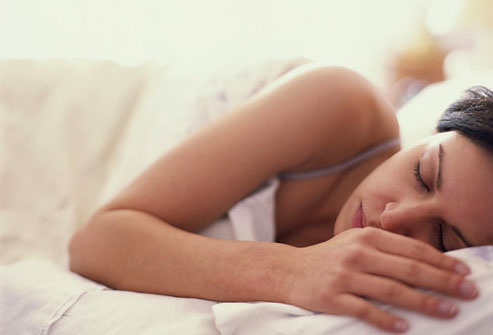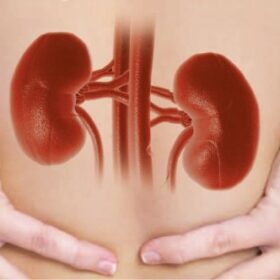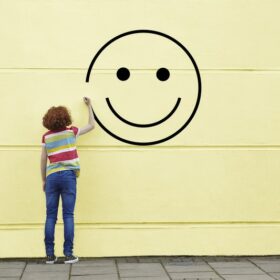World Sleeping Day – 15 March
The World Sleeping day is an annual event to raise awareness of sleep disorders and the burden that they place on society.
The lack of sleep can put you at risk of serious medical conditions like obesity, hearth disease and diabetes.
Most of us need from 7 to 9 hours of sleep, but most important is the sleep quality and it can be more difficult to measure than sleep quantity.
What can we do to improve the quality of our sleep? Here below some tips from the Somnologist Francesco Fanfulla:
- Light dinner: difficult digestion will cause frequent awakings at night.
- Nap? with judgment. Sleep during the day only if necessary and never more than 20 minutes, possibly in the middle of the day, for example between 13 and 14.
- Light (and tablet) at the right time. In the evening it is important to limit the exposure to light which is our main synchronizer of the sleep-wake rhythm. Even a good darkening of the bedroom is good to sleep. Electronic devices, however, are not and should be used away from the bed.
- Smoking and alcohol doesn’t help to sleep.
- Coffee yes, but not in the evening. Caffeine is a stimulant of the nervous system. It is therefore a good idea to avoid the evening cup and pay attention to the many foods in which caffeine is present, chocolate, cocoa or tea, the so-called nerve foods.
- Watch the thermometer. The optimum temperature of the room is around 18 ° C. A too high (greater than 24 °c) and a too low (less than 12 ° C) cause continuous body movements and unpleasant dreams.
- Sports Yes, but not evening. Performing regular physical activity is always a good recommendation but it would be better to reserve it at daylight hours.
- Go to sleep regularly: getting used to go to sleep and getting up at the same time are the premise for good sleep. Our sleep-wake rhythm is in fact regulated by an internal biological clock, synchronized with the alterness of Light and darkness.
- Make the scoreboard of your sleep. The morning, when you wake up, is the right time to assess the quality of your night’s rest. The self-assessment of sleep is the premise to make a therapeutic course effective in case of any disturbances.
Cit: paginemediche.it







